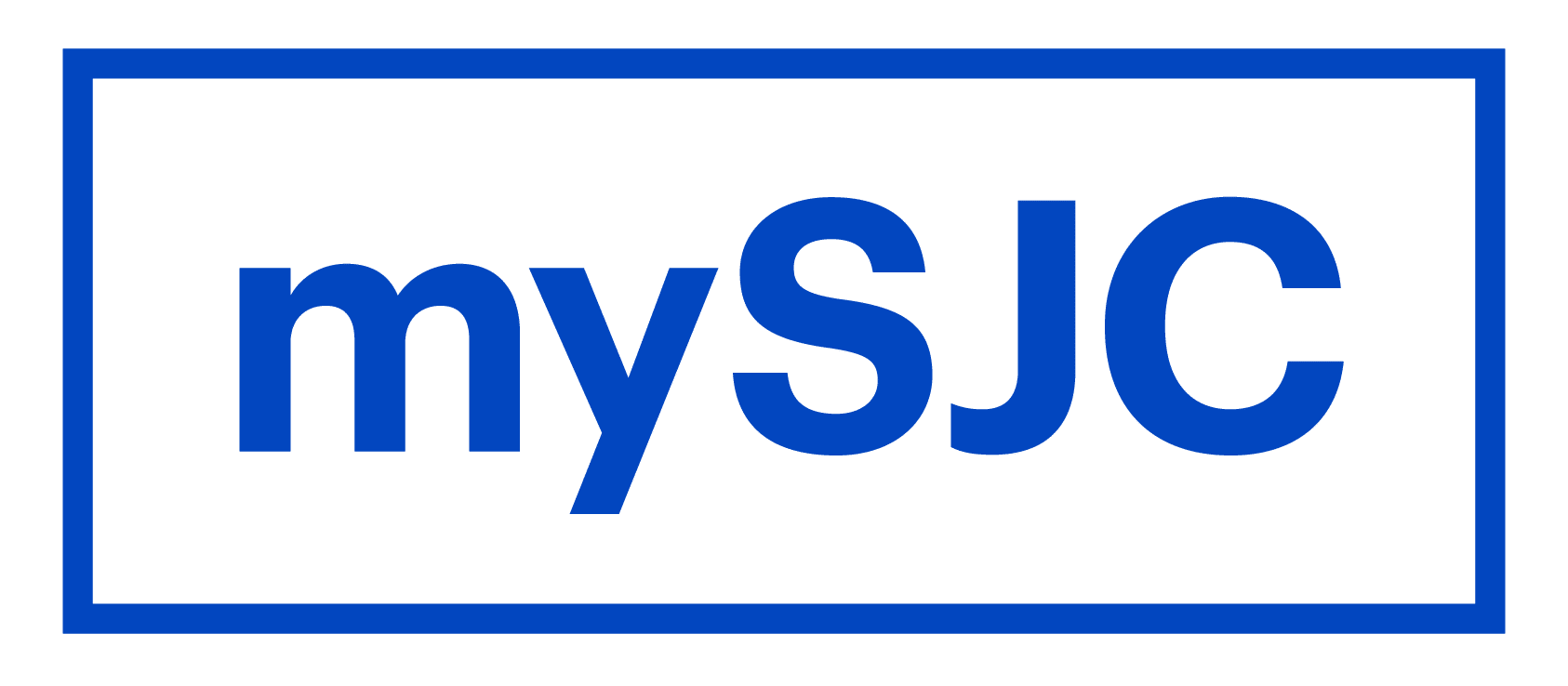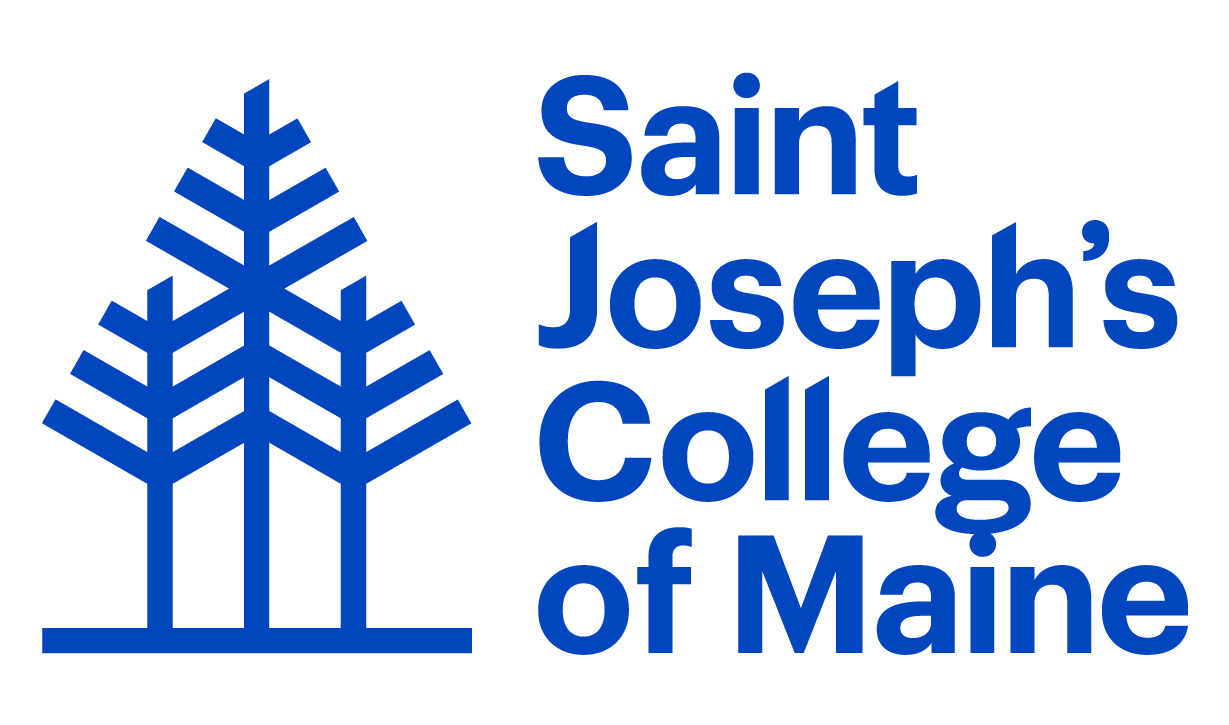Core Curriculum
Faculty & Staff
Building Leaders for 21st Century Sustainable Communities (LSC): The Core Curriculum at Saint Joseph’s College of Maine
Last year was the most challenging in the history of Saint Joseph’s College of Maine. In the midst of a global pandemic, the faculty, staff, and administration developed innovative ways to maintain the academic progress of our students while balancing the health and safety of the college community and the community at large. COVID 19 may have changed the way we interacted with each other and with our students, but we stayed true to the mission and values of Saint Joseph’s College of Maine by providing the support and encouragement our students needed to be successful.
While our collective work was commendable during the pandemic, we now live in a deeply changed and challenged world. It is increasingly polarized, chaotic, and uncivil. Environmental warning signs also demonstrate that we sit at a clear and critical crossroad concerning the health of our planet. This new reality calls on us to go further, to take our Mercy values (faith, excellence, integrity, community, respect, compassion, and justice) and strategically build a better 21st Century.
This moment thus demands transformation. Saint Joseph’s College and its Mercy values must be part of new solutions for a better future, one that incorporates and builds justice, equity, diversity, and inclusion. Beyond words, we must actively and practically build Leaders for Sustainable Communities. We must be purposeful, flexible, and create relevant, ‘real life’ learning experiences for our students.
This new LSC core, built on the foundations of Catholic liberal arts education and the work of colleagues past and present, pushes us into new territory, a new beginning for Saint Joseph’s College of Maine.
Submitted December 2021 by the Ad Hoc Core Revision Committee: Chris Sullivan (co-chair), Mark Hibben (co-chair), Karen Croteau, Martha DeCesere, Meredith Emigh-Guy, Yi Jin Gorske, Laurie Murphy, James Paruk, and Joshua Schoenfeld.
LSC Core
The LSC core is driven by its learning outcomes. LSC core learning outcomes are built on the premise that all graduates of Saint Joseph’s College of Maine have the foundation to become leaders in creating a sustainable future. More specifically, we organize the LSC core learning outcomes around three areas:
- Sustainability of Knowledge
- Sustainability of Communities and the Planet
- Sustainability of Self
Sustainability of Knowledge
Every SJCME graduate:
- Acquires foundational knowledge of the diverse human condition, human society, and the natural world.
- Develops essential skills in critical thinking, quantitative reasoning and written communication.
- Demonstrates the ability to evaluate, acquire and synthesize new information.
- Understands the connections among domains of knowledge and applies this understanding in addressing real world problems.
- Applies foundational knowledge from core courses to their chosen professional field and understands the connection between their day-to-day work/life and this broad knowledge base.
7 COURSES/ 24 CREDITS (click to open)
Theological/Religious Inquiry (4 credit)
Any 100 level or 200 level TH course
TH 303-Contemporary Christian Morality
TH 309-Special Topics in Theology
Philosophical Inquiry (4 credit)
PH 200-Human Nature and Ethics
Quantitative Reasoning (4 credit)
Any MA course
BA 205-Business Statistics
CJ 211-Quantitative Analysis in Criminal Justice and Social Work
Written Communication (3 credit)
EH 101-College Writing
Human Foundations and Multicultural Inquiry (3 credit)
HPS 104-Modern Global History
Inquiry into the Natural World (3 credit)
BI 110-Concepts in Biology
ES 130-Physical Geology
BI 209/HE 202-Pathophysiology and Disease Prevention
Chemistry of Food and Cooking
Chemistry of Consumer Goods
Earth and Space Science
Environmental Sensors and Networking
Food as Medicine
Introduction to Public Health
Inquiry into Society (3 credit)
CJ 202-Introduction to Criminal Justice
CJ/PY 206-Forensic Psychology
CJ 314-Criminal Justice in the Media
PY 101-Introduction to Psychology
PY 214-Psychology of Gender
PY 254-Cultural Psychology
PY 305-Social Psychology
PY 308-Psychopathology
PY 314-Cognitive Psychology
SO 201-Principles of Sociology
SW 209-Human Behavior and the Social Environment
SW 402-Social Welfare and Policy and Services I
SW 403-Social Welfare and Policy and Services II (does not require SW 402)
Sustainability of Communities and the Planet
Every SJCME graduate:
- Engages in ethical, philosophical, and theological debates concerning sustainability and 21st century human life.
- Attains historical and civic literacy necessary for effective citizenship at the local, state, national, and global level.
- Acquires understanding of the diversity and historical foundations of 21st century cultures, societies, religions, and belief systems.
- Develops leadership skills to create 21st century sustainable outcomes at the local, state, national and global level.
- Applies knowledge and skills to address issues of justice, equity, diversity, and inclusion (JEDI).
- Attains basic literacy in environmental science and develops knowledge and skills to improve the ecological and environmental sustainability of their communities.
3 COURSES/ 10 CREDITS (click to open)
Literacy in Environmental Science (4 credit)
ES 100-Ecology and the Environmental Challenge
Historic and Civic Literacy for Effective Citizenship (3 credit)
Any HPS 200 level course (except for HPS 208-Historical Methods)
Any HPS 300 level course
CJ 404-Law and Society
Leadership and Building JEDI (3 credit)
LS 100-Introduction to Leadership for Sustainable Communities
LS 200-Effective Communication in a Diverse World
LS 300-Community Concerns and Social Problems
PH 216-Bioethics
PH 219-Ethics and the Good Society
PH 304-Social and Political Philosophy
Any 300 level TH course (except TH 307)
TH 411-Theology Intern Program
Sustainability of Self
Every SJC graduate:
- Engages in artistic, creative, ethical, and spiritual exploration.
- Develops knowledge of, and skills related to, personal health and wellness, including practices in the physical, emotional, intellectual, social, and spiritual dimensions.
- Acquires skills that enhance employability (including communication, collaboration, and analytical skills), embraces a developmental approach to the attainment of professional goals, and develops the capacity to leverage networking opportunities that foster professional success.
- Identifies and acknowledges their own strengths and weaknesses, and focuses on leveraging strengths and minimizing weaknesses in the process of becoming a lifelong learner.
3 COURSES/ 9 CREDITS (click to open)
Artistic Exploration and Expression (3 credit)
Any AT course
Literary Exploration and Expression (3 credit)
Any 200, 300, or 400 level EH course
Wellness (3 credit)
HE 111-Personal Health
IH 300-Introduction to Holistic Health: Complementary and Integrative Medicine
IH 400-Trauma Sensitive Mindfulness/Meditation and Yoga as Healing Tools
IH 422/NU 422-Stress Management
NN 202-Nutrition
TH 209- Christian Spirituality: Life and Prayer
TH 307-Death: Comparative Views
Modes
The new core incorporates three modes (Mode #1, Mode #2, and Mode #3) to meet LSC core learning outcomes. Students must complete Mode #1 and Mode #2 to fulfill LSC core outcomes. Mode #3 is optional.
Mode #1:
LSC core courses (13 LSC core courses). All students who graduate from SJC must complete 13 core courses in 13 core categories (or equivalence if a transfer student or through substitution via Mode #3).
Mode #2:
Senior Capstone/Seminar (Addresses two specific LSC outcomes not covered in Mode #1 and offers opportunities to reinforce LSC outcomes covered in Mode #1).
Mode #3:
Experiential Equivalence (An experience that meets a LSC Mode #1 core course requirement). This is optional and intended as a tool to increase flexibility for students to meet LSC core outcomes.

